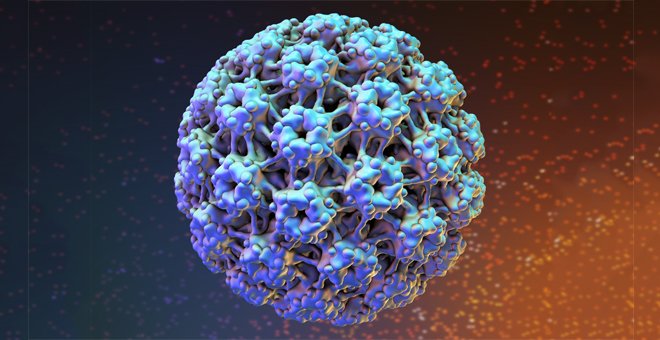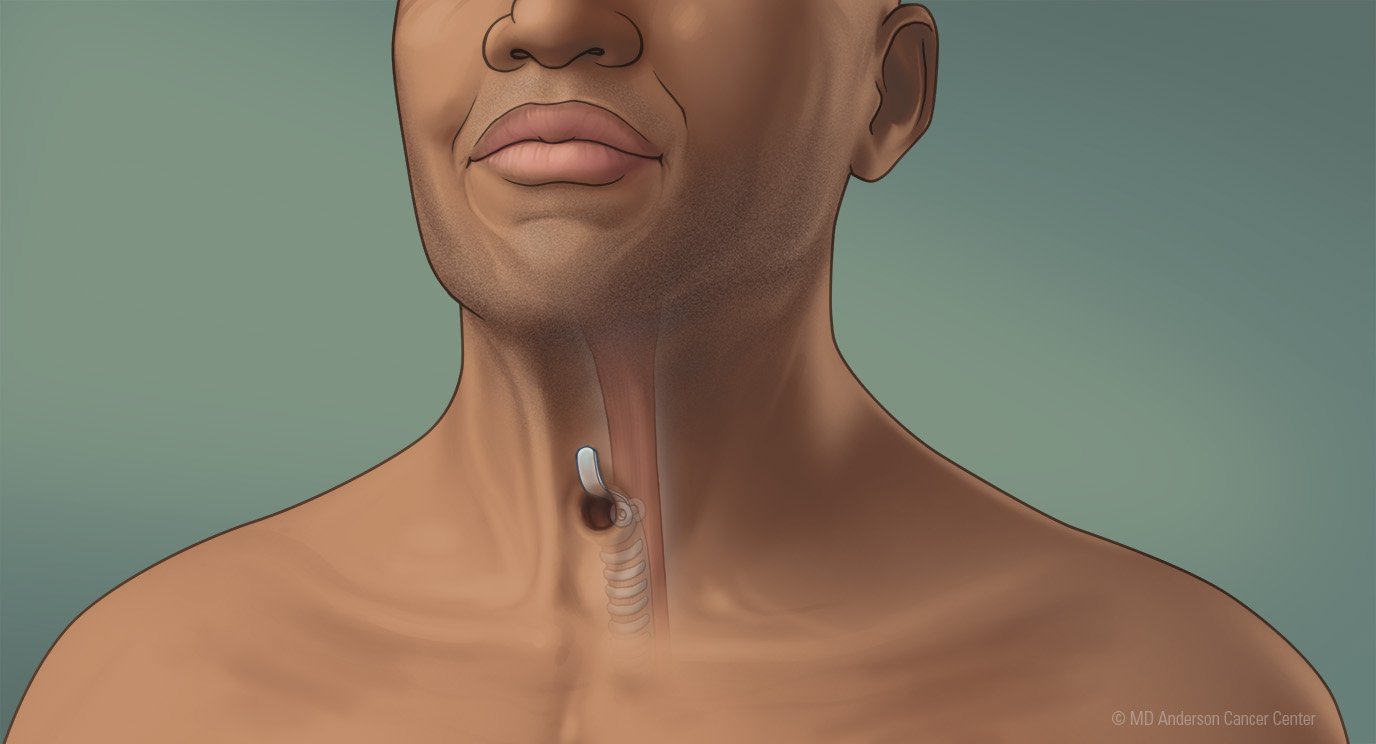- Diseases
- Acoustic Neuroma (14)
- Adrenal Gland Tumor (24)
- Anal Cancer (68)
- Anemia (2)
- Appendix Cancer (16)
- Bile Duct Cancer (26)
- Bladder Cancer (72)
- Brain Metastases (28)
- Brain Tumor (232)
- Breast Cancer (714)
- Breast Implant-Associated Anaplastic Large Cell Lymphoma (2)
- Cancer of Unknown Primary (4)
- Carcinoid Tumor (8)
- Cervical Cancer (158)
- Colon Cancer (166)
- Colorectal Cancer (116)
- Endocrine Tumor (4)
- Esophageal Cancer (44)
- Eye Cancer (36)
- Fallopian Tube Cancer (8)
- Germ Cell Tumor (4)
- Gestational Trophoblastic Disease (2)
- Head and Neck Cancer (12)
- Kidney Cancer (128)
- Leukemia (342)
- Liver Cancer (50)
- Lung Cancer (286)
- Lymphoma (278)
- Mesothelioma (14)
- Metastasis (30)
- Multiple Myeloma (100)
- Myelodysplastic Syndrome (60)
- Myeloproliferative Neoplasm (4)
- Neuroendocrine Tumors (16)
- Oral Cancer (100)
- Ovarian Cancer (172)
- Pancreatic Cancer (160)
- Parathyroid Disease (2)
- Penile Cancer (14)
- Pituitary Tumor (6)
- Prostate Cancer (146)
- Rectal Cancer (58)
- Renal Medullary Carcinoma (6)
- Salivary Gland Cancer (14)
- Sarcoma (238)
- Skin Cancer (296)
- Skull Base Tumors (56)
- Spinal Tumor (12)
- Stomach Cancer (64)
- Testicular Cancer (28)
- Throat Cancer (92)
- Thymoma (6)
- Thyroid Cancer (96)
- Tonsil Cancer (30)
- Uterine Cancer (80)
- Vaginal Cancer (16)
- Vulvar Cancer (20)
- Cancer Topic
- Adolescent and Young Adult Cancer Issues (20)
- Advance Care Planning (10)
- Biostatistics (2)
- Blood Donation (18)
- Bone Health (8)
- COVID-19 (362)
- Cancer Recurrence (120)
- Childhood Cancer Issues (120)
- Clinical Trials (630)
- Complementary Integrative Medicine (22)
- Cytogenetics (2)
- DNA Methylation (4)
- Diagnosis (232)
- Epigenetics (6)
- Fertility (62)
- Follow-up Guidelines (2)
- Health Disparities (14)
- Hereditary Cancer Syndromes (126)
- Immunology (18)
- Li-Fraumeni Syndrome (8)
- Mental Health (116)
- Molecular Diagnostics (8)
- Pain Management (62)
- Palliative Care (8)
- Pathology (10)
- Physical Therapy (18)
- Pregnancy (18)
- Prevention (914)
- Research (392)
- Second Opinion (74)
- Sexuality (16)
- Side Effects (604)
- Sleep Disorders (10)
- Stem Cell Transplantation Cellular Therapy (216)
- Support (402)
- Survivorship (320)
- Symptoms (182)
- Treatment (1786)
Chief of staff and husband ‘feel very fortunate’ after throat cancer diagnosis
4 minute read | Published January 11, 2024
Medically Reviewed | Last reviewed by an MD Anderson Cancer Center medical professional on January 11, 2024
Fatima Sheriff has been MD Anderson’s chief of staff since September 2018 and a health care professional for more than 25 years. But the Canadian transplant was still caught off-guard when her husband, Marc Frappier, received a stage II throat cancer diagnosis this past spring.
“First, I went into shock,” Sheriff recalls. “Then I was in denial. After that, I was an emotional wreck. I had hoped in this initial consultation we would rule out cancer, not confirm it. As I thought through it all, I reminded myself of all that I already knew to be true about MD Anderson. My mind was then able to calm a little, knowing he was safe and in good hands.”
Sheriff felt better once Marc started treatment and they got to know his care team. Her confidence grew as his treatment progressed.
“Marc and I have often talked about how some cosmic path brought us here, not knowing that one day we’d be patient and caregiver,” she says. “But MD Anderson is the best cancer center in the world. So, we both feel very fortunate.”
‘Opportunities to learn and pay it forward’
Marc had six weeks of chemotherapy under medical oncologist Renata Ferrarotto, M.D., and seven weeks of proton therapy under radiation oncologist Brandon Gunn, M.D. He also joined a Phase II clinical trial under radiation oncologist and researcher Clifton Fuller, M.D., Ph.D., to see if smaller doses of proton therapy could yield the same results as the standard dose if they were gradually reduced as treatment progressed.
“I received 14 MRIs, four CT scans and three PET scans in all,” Marc recalls.
Some days, Marc spent an hour and 15 minutes strapped to a table in a tightly fitted, plastic mesh mask that covered his entire head and shoulders.
“But I was totally game for it if it meant I might have fewer side effects,” Marc insists. “It was really cool to see the changes in my tumor over time and to know that I needed less proton therapy as a result. I hear about Making Cancer History® all the time from my wife. Now, I’m actually a part of it.”
“What’s interesting is that we hadn’t even asked for a clinical trial,” adds Sheriff. “This was an unexpected opportunity to learn more, and potentially adjust Marc’s treatment. That’s how we more fully realized that the excellent standard of care is just the minimum here. And clinical trials are additional opportunities to learn and pay it forward – if not for you, then maybe for the next person.”
Personalized touches emphasize MD Anderson’s uniqueness
One thing that really impressed Marc was his doctors’ willingness to honor his commitment to physical fitness, both before and during treatment. The certified personal trainer was diagnosed less than two weeks before an annual endurance cycling event. He’d been training hard for it and still wanted to participate.
“When I asked Dr. Gunn about it, he kind of thumped back in his chair and looked at me strangely,” recalls Marc. “Like, ‘You’ve just been diagnosed with throat cancer, and you’re worried about a 150-mile bike ride?’”
Once Marc explained how important the event was to him, Dr. Gunn smiled and said, “You know what? I really love your attitude. Go ride. We’ll see you afterward.” Marc started treatment 11 days later, after finishing the race.
Another meaningful moment came on Marc’s last day of proton therapy. Alyssa O’Brien, a patient services coordinator at MD Anderson, presented Marc with a hand-drawn card featuring his favorite flower, a bird of paradise. She called Marc “one of the kindest people I’ve ever met” and said that his bravery had inspired her.
“I’d heard her ask another patient what their favorite flower was a few days earlier,” Marc recalls. “But I didn’t make the connection.”
Today, Marc knows that O’Brien made personalized cards or certificates for all of her patients to congratulate them on completing proton therapy. But that doesn’t make the gesture any less special.
“My entire care team was exceptional,” Marc says. “But that personal touch was just out of this world. Every time I walked into the Proton Therapy Center, she was so effusive. I’d never experienced that kind of welcome before. She was a massive bright spot.”
Marc is cancer-free now and back to his active lifestyle. And, Sheriff has an even deeper appreciation of what makes MD Anderson special.
“Once you’ve had that experience, it sticks with you forever,” she says. “And it really brings home why we’re all here. And, why we do what we do.”
Request an appointment at MD Anderson online or call 1-855-635-2949.

It really brings home why we’re all here.
Fatima Sheriff
MD Anderson Chief of Staff & Caregiver






